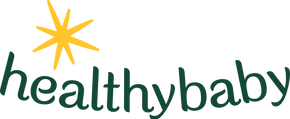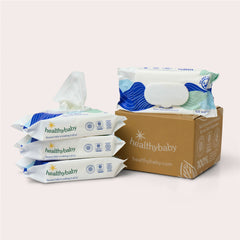Development isn’t a race. It’s a flow.
Every baby—and parent—is figuring it out at their own pace.
Instead of milestones, we encourage you to focus on this amazing moment.
Your baby’s brain makes more than one million neural connections per second in these first three years. Simple, consistent interactions with baby today can have profound, lifelong benefits.
Here’s how baby’s brain is developing this month, and how you can support their progress.
Developmental Highlight
Happy first birthday!
Baby’s now a toddler. For the rest of this series, we’ll call them “little one.”
We’ve got a lot to talk about: little one’s first words! This isn’t a party trick. Little one’s using words purposely to express their needs and wants. They’ve officially achieved expressive language, which we introduced in month 10.
Little one’s learning new words constantly, even though they may only say a few over the next few months. Word approximations—used consistently to name a specific item, like “wa” for “water”—count as words. Each word learned unlocks several more. Soon, little one will have much more to say, even though you may be the only one who can understand it!
Don’t be alarmed when little one returns to earlier ways of expressing their wants and needs, like grunting and pointing, when they’re frustrated. Patiently encourage them to use their new language skills, even if you know what they want.
Brain-Building Activity
Active Reading & Speaking
Routine: Playtime, bedtime
Reading builds vocabulary and reinforces a love of language and literature. The more words little one knows, the more they’re primed to learn. As they grow, listening to stories will help them gain problem-solving skills and practice responding to different situations.
-
Select simple picture books aligned with little one’s interests (e.g., animals, trucks, trains) to strengthen their attention. Interactive lift-the-flap formats and books about senses, emotions, rhyming, and counting are all fantastic tools for exploration.
-
Use silly voices and sounds to keep little one engaged as you read.
-
Practice making the sounds of words back and forth. For example, ask “Where’s the dog?” When little one points at the dog, reply, “Yes, that’s the dog.” Then point to the dog again and ask, “What’s that?” Encourage little one to say “dog.”
You’ve Got This
At this point, you’ve probably had some days (and nights) when you felt unsure or overwhelmed. Maybe you’ve told yourself you should be doing more, better, faster. But you’ve made it to this stage, and that deserves celebration.
Think of all the cuddles, smiles, games of peek-a-boo, and bedtime stories you and little one have shared. Even on hard days, there’s been so much joy. Soon, you’ll be having conversations! Little one may not be able to tell you themself just yet, but they love you very much.










